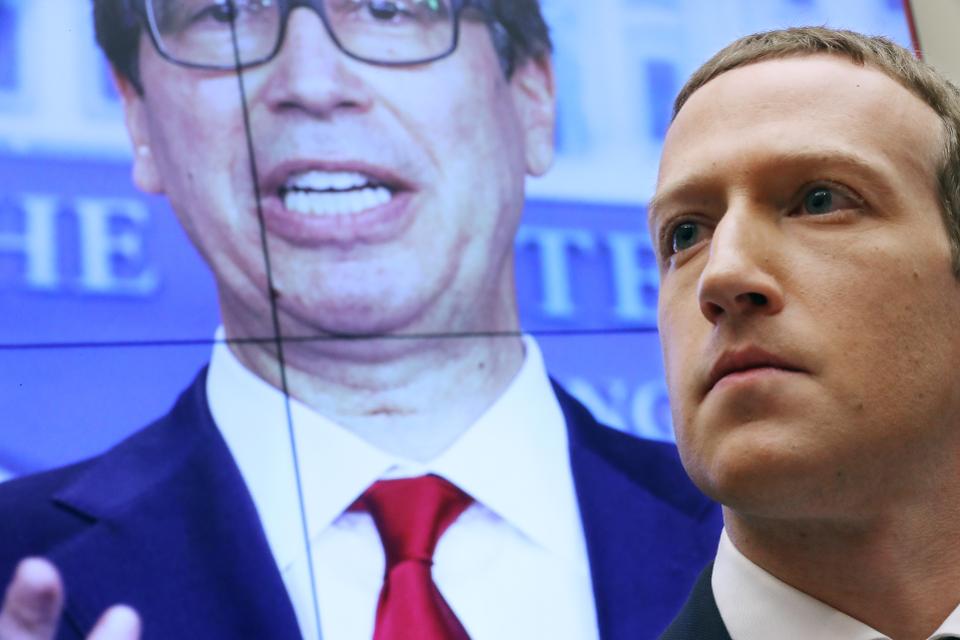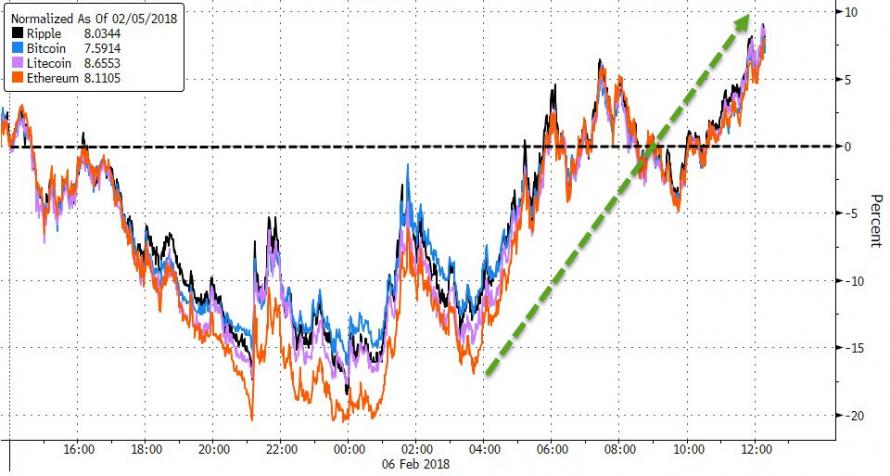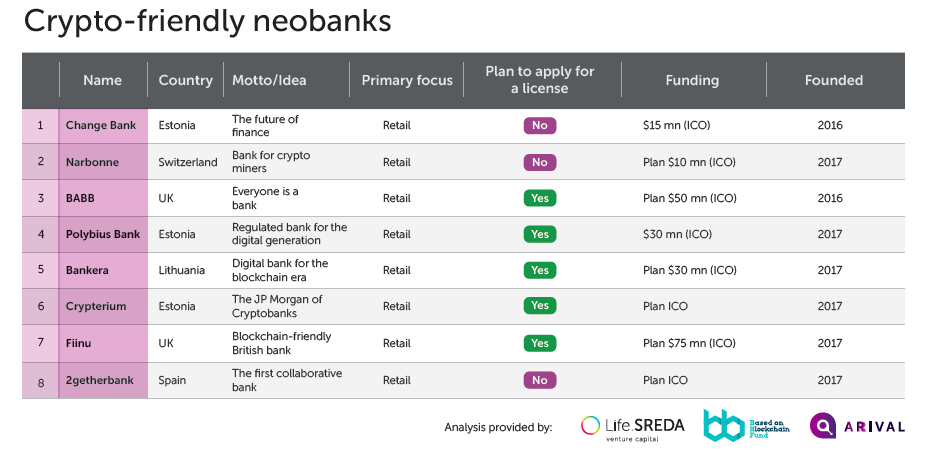Nasdaq is now working with seven cryptocurrency exchanges, including Gemini and SBI Virtual Currencies.
Cryptocurrency exchanges that want to use Nasdaq’s proprietary surveillance technology need to have more than money.
A team of about 20 people contribute to an elaborate due-diligence process aimed at ensuring that any exchange that wants to use the technology, which scans for fraudulent transaction patterns, is technically capable and morally inclined to use the powerful software wisely.
Exchanges that pass the test (and can foot the bill) will be granted access to the same surveillance technology Nasdaq uses to verify to its clients that trading volume is as free from fraud and manipulation as possible.
Seven cryptocurrency exchanges have passed Nasdaq’s muster so far, according to a Nasdaq representative speaking with Forbes, though only two, Gemini and SBI Virtual Currency, were mentioned by name. As more cryptocurrency exchanges seek to lure new customers, Nasdaq’s technology is already being used to attract institutions and traders accustomed to more mainstream venues.
During a briefing on the state of the industry with members of media today at Nasdaq’s offices, Tony Sio, Nasdaq’s head of exchange and regulator surveillance, discussed the questions every cryptocurrency exchange must answer.
“Historically, we don’t do such a large vetting process for our clients because they are much more well-known,” said Sio. “But as we started working with less well-known names, startups, then we realized we needed to do this check process.”
Sio presented a detailed overview of how the company vets its crypto exchange clients, broken down in to three categories: Business Model, KYC/AML, and Exchange Governance & Controls.
Following the briefing, Sio provided Forbes with further context, explaining how Nasdaq’s team of legal and technical experts use the criteria and others to evaluate possible customers for risk. Not everyone makes the cut, he says.
The first section of a document, “Key Questions to Ask When Evaluating a Cryptocurrency Exchange,” was called “Business Model.” One question in that section jumped out: “How reputable are the products available to trade on the venue?”
What’s interesting about this is that it shows Nasdaq is concerned about who is using crypto assets and how they are being used. As questions about the importance of how a crypto asset was used in the past (was it used to buy drugs? Does that matter?) continue to be sorted out, this issue will likely continue to become more salient.
Source/More: Nasdaq Is Now Working With 7 Cryptocurrency Exchanges














